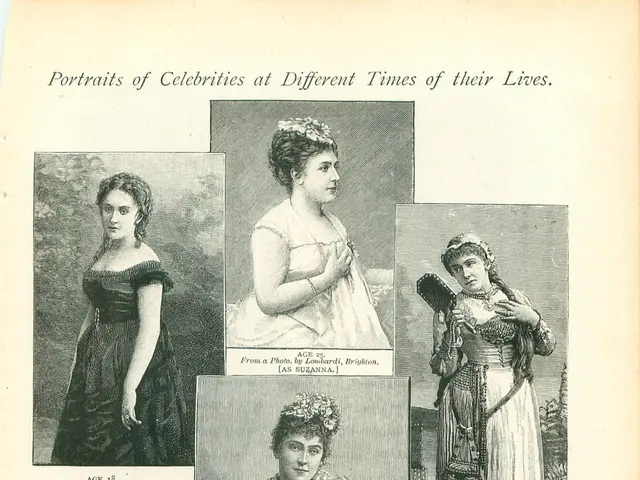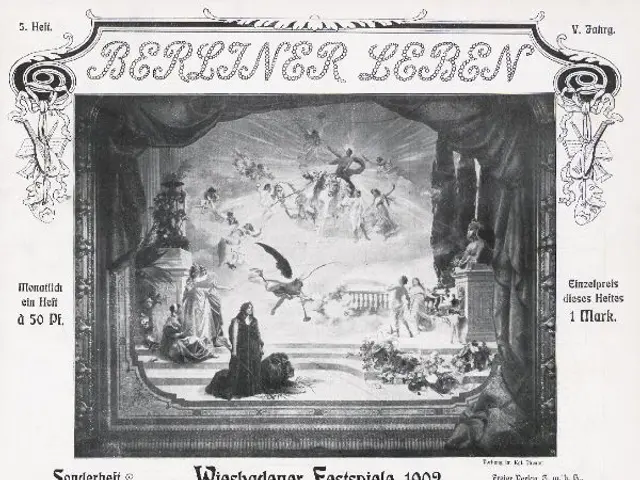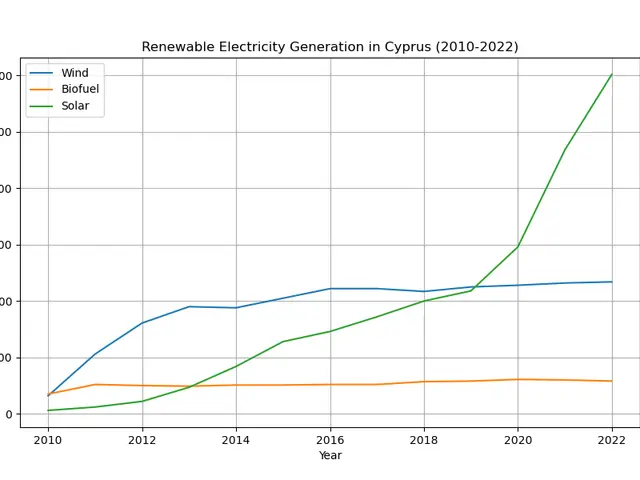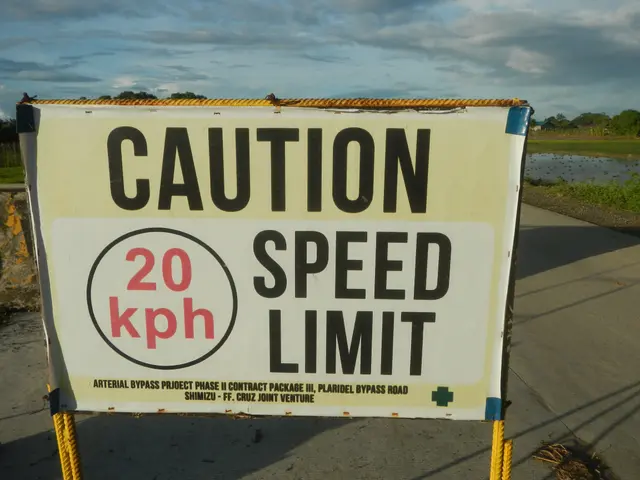Compulsory subscription to public broadcasting is an unwavering, cult-like system.
In the realm of German public broadcasting, a growing sense of unease has emerged, with some likening the current state to Stalinist-era broadcasting in the DDR. This has led to a wave of criticism, particularly from the Union parties, who question their continued adherence to the broadcasting state treaties.
The Union parties are not alone in their discontent. Julia Ruhs, a prominent ARD presenter, has found herself at the centre of a storm after being ousted from her reportage format following a campaign by hundreds of her colleagues. The accusations against Ruhs, while not specified, carry sectarian undertones, echoing the exclusionary practices that have become a concern within the industry.
The left-sectarian forced fee broadcasting system, a long-standing institution in Germany, has been a subject of intense debate. Some argue that it is infiltrated and eaten away by a left-green-woke cancer, with a single non-left, conservative voice being considered intolerable, met with a 'rat-like purification zeal.' Others, however, believe that the system is beyond repair, with no cure possible. The only solution, they propose, is a shutdown, sending everyone home, and starting all over again.
This system, which requires compulsory broadcasting fees, has been a target of criticism from political actors such as the CDU. The CDU, through its General Secretary Carsten Linnemann, has expressed dissatisfaction with the current system and proposed freezing the fees until reforms occur. The party has also suggested that the abolition of the compulsory broadcasting fee institutions could be initiated by political actors.
Meanwhile, the ZDF activists Dunja Hayali and Elmar Theveßen have found themselves in the spotlight, not for their work, but for posthumous defamations against Charlie Kirk. Their accolades, in this context, have raised eyebrows, with some seeing sectarian undertones in the denunciation letters against Julia Ruhs.
In this closed system of left-green public opinion guardians, loyalty appears to be rewarded unconditionally, even when truth is compromised. This has led to concerns about sectarian practices that do not align with the program mandate requiring public broadcasting to represent all relevant social currents appropriately.
As the upcoming East state elections loom next year, the first domino could potentially fall. The Union parties are weighing their options, questioning their submissiveness towards left-wing ideological dictates and considering a shift in their stance. The exclusion frenzy could potentially apply to them as well, adding another layer of complexity to the ongoing debate.
In the face of this controversy, the alternative media remains a beacon of hope for those seeking a platform for diverse voices. Julia Ruhs, for instance, is likely to find a home there, continuing her career with increased recognition and market value.
As the debate unfolds, it is clear that change is in the air. Whether this will lead to a fundamental shift in the German public broadcasting landscape remains to be seen.
Read also:
- Mohammad Yousuf publically labeled Suryakumar Yadav as a "pig," an unusual slur Yousuf explained.
- Today's most impactful photographic moments
- Support for Eric Adams in The Post's Letters to the Editor on August 13, 2025
- Roosting Shark and Rambunctious Red Squirrels: Unconventional House Rental in Yorkshire Involving Aquatic Marvel, Squirrely Mayhem, and Mystical Planning Regulations








